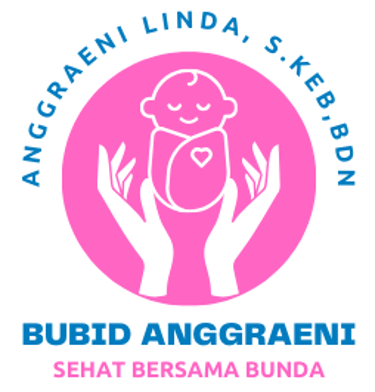Healthy Eating Patterns for Pregnant Women, Breastfeeding Mothers, and Babies/Toddlers
A healthy diet for pregnant women, breastfeeding mothers, and toddlers is the key to optimal growth and lifelong health. From protein and iron for pregnancy, extra energy and fluids for breastfeeding, to balanced complementary feeding (MP-ASI) for toddlers, every stage requires the right nutrition. With proper eating patterns, mothers stay healthy, babies grow strong, and families thrive together.
STAGES OF BABY DEVELOPMENT


Nutrition is the foundation of health for both mothers and children. The food consumed during pregnancy, breastfeeding, and early childhood has long-term effects on growth, brain development, and the prevention of diseases. A healthy eating pattern is not about expensive foods, but about balance, variety, and consistency.
1. Nutrition for Pregnant Women
During pregnancy, a woman’s body requires additional nutrients to support fetal growth and prepare for childbirth.
Key Nutrients:
Protein: helps form fetal tissue and placenta (sources: fish, chicken, eggs, tofu, tempeh).
Iron & Folic Acid: prevent anemia and support brain development (sources: green leafy vegetables, beans, liver, supplements if needed).
Calcium & Vitamin D: strengthen bones and teeth of both mother and baby (sources: milk, yogurt, cheese, small fish with bones).
Omega-3 (DHA/EPA): essential for brain and eye development (sources: salmon, sardines, walnuts, chia seeds).
Tips for Healthy Eating During Pregnancy:
Eat small, frequent meals to reduce nausea.
Drink enough water (8–10 glasses/day).
Limit caffeine and avoid raw/undercooked foods.
Choose fresh, minimally processed foods.
2. Nutrition for Breastfeeding Mothers
Breastfeeding requires extra energy and nutrients because a mother’s body produces milk continuously.
Recommended Eating Pattern:
Energy: an additional 450–500 kcal/day compared to before pregnancy.
Protein: supports milk production (sources: lean meat, eggs, beans).
Calcium & Vitamin D: maintain bone strength and milk quality.
Fluids: 2–3 liters/day to prevent dehydration.
Practical Tips:
Don’t skip meals; keep healthy snacks available (fruit, nuts, yogurt).
Avoid excessive sugary drinks or junk food.
Include foods rich in B-complex vitamins to maintain maternal energy and mood.
3. Nutrition for Babies (0–6 Months)
Exclusive breastfeeding is the gold standard.
No additional water, honey, or solid food is needed.
Breast milk contains the right balance of nutrients, antibodies, and growth factors.
4. Nutrition for Toddlers (6 Months – 2 Years)
After 6 months, breast milk alone is not enough, so complementary feeding (MP-ASI) is introduced.
MP-ASI Guidelines:
Start with soft foods (porridge, mashed vegetables, mashed fruit).
Gradually increase texture as the child grows (from pureed → chopped → family food).
Ensure balanced meals:
Carbohydrates: rice, potatoes, oats
Protein: fish, eggs, chicken, beans
Vegetables and fruit: provide vitamins & minerals
Healthy fats: avocado, coconut oil, olive oil
Key Principles:
Variety is important to prevent picky eating.
Encourage self-feeding as toddlers develop.
Avoid instant/packaged foods high in salt, sugar, or preservatives.
5. Common Mistakes to Avoid
Giving babies solid food too early (<6 months).
Excessive sugar (sweetened condensed milk, sweet snacks).
Lack of iron-rich foods → risk of anemia in toddlers.
Over-reliance on supplements instead of whole foods.
6. Conclusion
A healthy eating pattern for pregnant women, breastfeeding mothers, and toddlers is the cornerstone of future health. Balanced nutrition during these critical stages not only prevents stunting and malnutrition but also supports brain development and lifelong well-being.
👉 For personalized consultation, you can visit Bidan Anggra in Bandung to receive guidance on maternal and child nutrition tailored to your needs.
📞 WA: +62 856-5929-8380
📍 Jl. Soekarno Hatta, Gg. H. Hasan 2 No.9, Bandung
🌐 bidan-anggra.net
